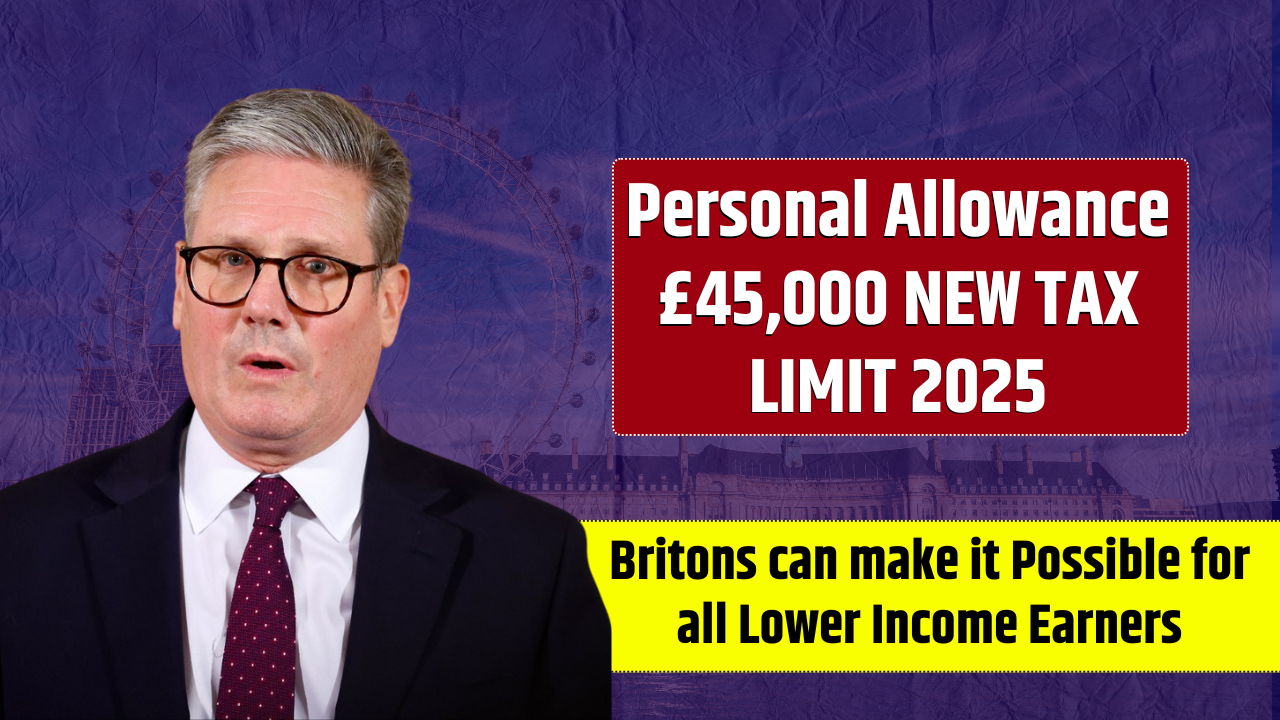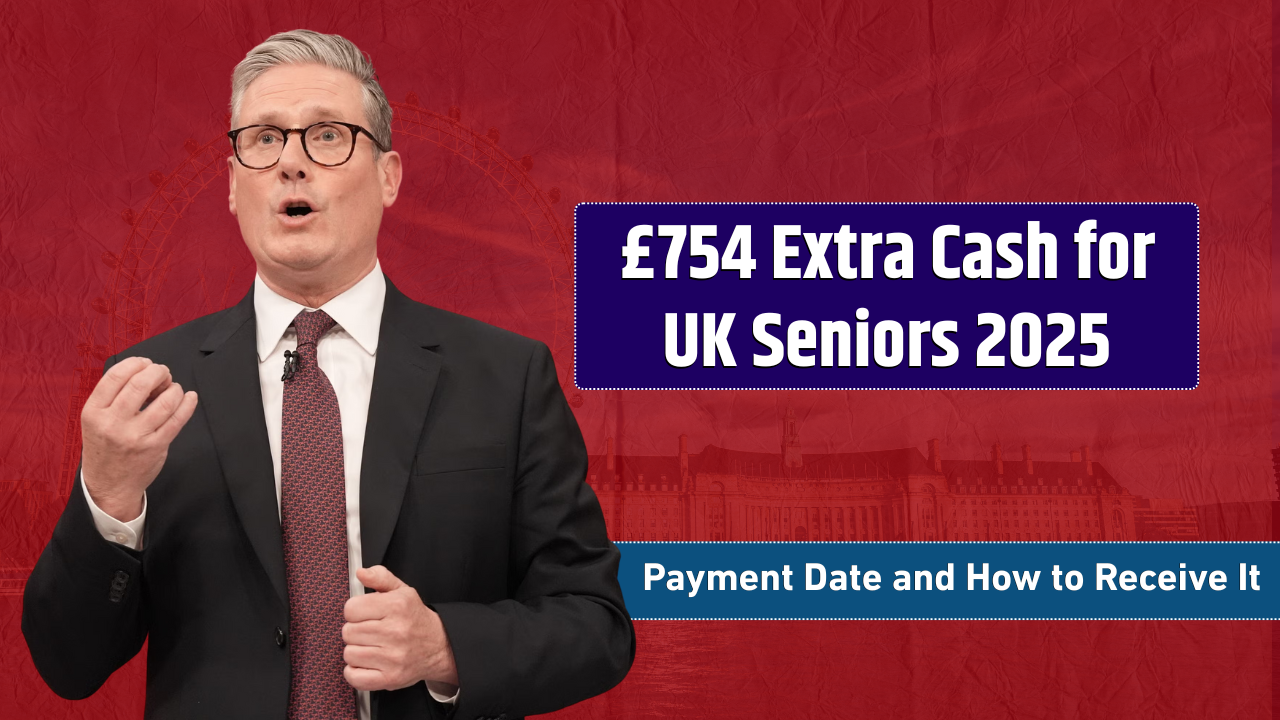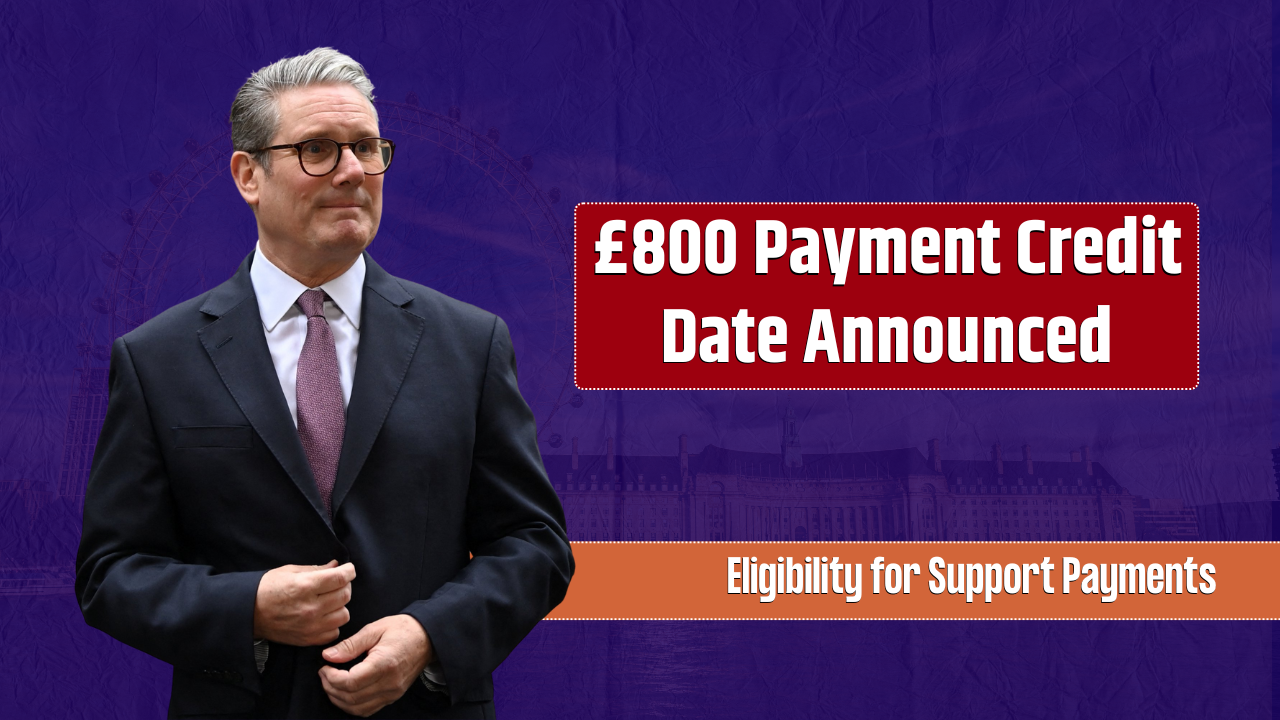The conversation around income tax in the UK is heating up, and at the heart of the debate is the Personal Allowance — the amount of money you can earn before income tax kicks in. With inflation soaring and household budgets under pressure, a bold proposal is gaining traction: raise the Personal Allowance from £12,570 to £45,000. Let’s explore what that means, why it matters, and how it could reshape the financial lives of millions.
What Is the Personal Allowance?
The Personal Allowance is the threshold of tax-free income a UK resident can earn in a year. In 2025, this stands at £12,570. Any earnings above that amount are taxed based on the UK’s progressive tax system.
For instance:
- If you earn £12,000, you pay £0 in income tax.
- If you earn £20,000, you pay tax on the £7,430 above the allowance.
This allowance is meant to protect lower earners from tax burdens, but critics argue that it no longer reflects the current cost of living.
Why Is £45,000 Being Proposed?
Raising the Personal Allowance to £45,000 would be a dramatic shift — more than tripling the current limit. Supporters say it’s necessary because:
- Living costs have soared: Rent, food, transport, and energy prices have all surged.
- Wages have stagnated: Most people’s earnings haven’t kept up with inflation.
- Current tax rules hit the poor harder: Low- and middle-income workers pay a larger share of their salary in taxes compared to the wealthy, who often use legal loopholes to reduce their tax burden.
This change would mean millions of people earning below £45,000 wouldn’t pay income tax at all.
Personal Allowance Comparison Table
| Year | Personal Allowance | Tax-Free Income | Notes |
|---|---|---|---|
| 2020 | £12,500 | Low | Near flat with inflation |
| 2025 | £12,570 | Still low | No major increase |
| Proposed | £45,000 | High | Would eliminate tax for majority of earners |
Who Would Benefit the Most?
A higher allowance would benefit:
- Low-income workers, who currently feel every pound lost to tax.
- Middle-income earners, especially families trying to keep up with rising costs.
- Self-employed individuals and freelancers who lack access to traditional workplace benefits.
While those earning more than £45,000 would still pay tax on the excess, everyone would get a larger portion of tax-free income, reducing overall tax pressure.
The Case for a Fairer Tax System
One of the strongest arguments for raising the allowance is fairness. The current tax structure often penalizes ordinary earners more than the wealthy, who can afford tax planning, offshore investments, or business write-offs.
Raising the allowance:
- Levels the playing field between high and low earners.
- Reduces dependency on benefits and tax credits.
- Encourages spending, which supports local businesses and job creation.
What About Government Revenue?
Naturally, cutting income tax would reduce how much the government collects — at least initially. But supporters argue the economy could benefit in other ways:
- People would have more disposable income, leading to higher consumer spending.
- This increased demand would boost business revenues, potentially creating more jobs.
- With less financial strain, fewer people would rely on government support schemes.
While the upfront loss in tax revenue is real, the long-term economic boost might offset it.
Potential Challenges
Despite its popularity, this proposal has hurdles:
- Lost tax revenue could mean cuts elsewhere unless replaced by other taxes.
- Political resistance from those who argue it’s fiscally irresponsible.
- Inequality among regions, as wages and costs differ widely across the UK.
Still, the call for a higher allowance continues to grow, with many seeing it as a step toward a more equitable tax system.
Raising the Personal Allowance to £45,000 could transform the lives of millions. It would put more money in people’s pockets, reduce financial stress, and encourage economic growth through increased spending. While the change would come with challenges, the current system appears increasingly out of sync with modern living costs. For many, this isn’t just a tax reform — it’s a path toward fairness and financial freedom.
FAQs
What is the Personal Allowance for 2025?
It is £12,570 — the amount you can earn before you begin paying income tax.
Why is there a push to raise it to £45,000?
To help low- and middle-income earners keep more of their wages, especially as living costs continue to rise.
Would everyone benefit from the £45,000 allowance?
Yes. Those earning below £45,000 would pay no income tax. Higher earners would still benefit from the increased tax-free portion.
How would this affect government finances?
The government would initially collect less income tax but might gain through economic growth and reduced welfare dependency.
Is the current system considered unfair?
Many believe so, as lower earners often pay a larger proportion of their income in taxes compared to high earners with tax planning options.






